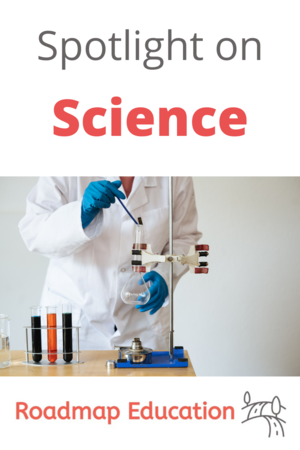Spotlight on Science
The Bachelor of Science is another popular degree, but because of its broad nature it’s starting to get a similar reputation to an Arts degree. Because some people can’t see the direct pathway to a job, they fail to see all of the opportunities it can lead to. Let’s look at what you can study in a Science degree and the careers you could work after you’ve completed it.
What is a Science degree?
A Science degree focuses on research and analysis, and teaches you how to discover more about the world. Within a Science degree you can major in Biology, Chemistry, Physics, Maths or a whole range of more specific areas including Biochemistry, Earth Science or Computer Science.
Where can a Science degree take me?
Like an Arts degree, Science degrees suffer from not having a clearly defined pathway into an obvious career. If you do a Bachelor of Engineering you become an Engineer. If you do a Bachelor of Science you become a...Scientist? While that statement isn’t wrong, it makes a lot of people feel like if you study Science your only option is to end up working in a lab, but there are so many areas you could work in depending on what you choose to major in.
You could major in Climate and Weather and work at government organisations like the Bureau of Meteorology or work in industry using your knowledge of climate change science.
You could major in Geography and work in conservation, planning or housing.
You could major in Animal Health and Disease and work in animal welfare or biosecurity.
Science is another area where the skills you learn and the networks you create as part of your course can help you have a really diverse and interesting career.
What else could I consider?
One way to feel more secure about your job prospects is to combine your Science degree with something else in a double degree. Science degrees work well with Engineering or Commerce because it would give you extra scientific knowledge and skills to apply to work in those fields if you choose to follow that path.
There are also some really interesting more specific Science courses you could look at. If you’re interested in maths and data, you could study Data Science (Monash) or Analytics (RMIT) and work in any industry helping others understand their data and how they can use it. Monash also has some great opportunities to apply your scientific skills in the Bachelor of Science Advanced - Global Challenges or the Bachelor of Science Advanced - Research. Lastly, if you are interested in a more specific area of science you can find degrees that focus solely on that area, such as Space Science (RMIT), Marine Science or Forensic Science (Deakin).

